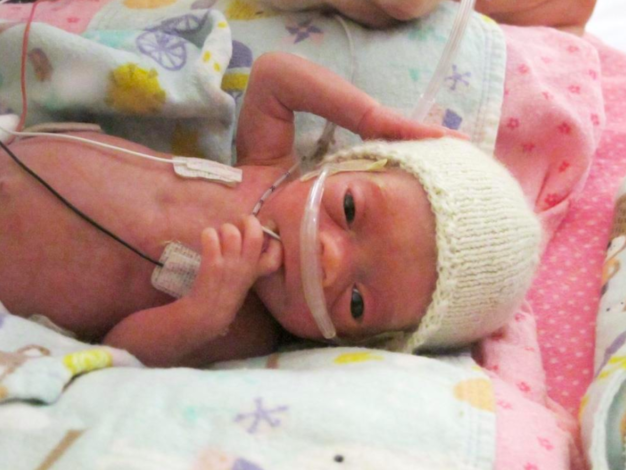https://en.wikipedia.org/wiki/Necrotizing_enterocolitis
“Necrotizing enterocolitis (NEC) is a devastating intestinal disease that affects premature or very low birth weight infants. Symptoms may include poor feeding, bloating, decreased activity, blood in the stool, vomiting of bile, bowel death, multiorgan failure, and even death.”
Essentially the digestive tract doesn’t function properly, and bacterial infections and perforations in the stomach and intestines form which can be fatal for the baby, sometimes in up to 50% of cases in newborns.
However the American legal industry has falsely attributed the cause to factors such as certain brands or types of baby formula. This is patently absurd and it is obvious these legal “professionals” are only targeting these companies’ revenues while willfully overlooking the true cause.
The underlying condition resulting in the symptoms of necrotizing enterocolitis is a failure to initiate the “reflex arc” for endogenous smooth muscle involuntary processes involved in the digestive tract to synapse at the spine.
Without the initiation of the “reflex arc” necessary for smooth muscle involuntary processes, the body’s typical ability to remove waste from the body is severely hindered, because a lack of unconscious reflexive function means peristalsis, sphincter control, and proper chemical signaling in the stomach and intestines does not occur.
Without a properly innervated digestive tract, a baby has a much harder time fighting off intestinal infection.
The same lack of involuntary muscular function also hinders oxygen from reaching the digestive tract as babies without proper functionality of involuntary muscle functions do not adequately use their own airways. Without adequate oxygen all endogenous processes are at risk.
And what is the main underlying cause for this failure of innervation of the “reflex arc” in these babies that succumb to the effects of necrotizing enterocolitis?
Beginning in the mid-90s “progressive” hospitals stopped the practice of paddling babies’ bottoms upon birth and inducing their cry. Instead they begin opting to “gently” remove the mucus from a baby’s lungs. However it is this “stimulus” that jump starts the body’s “reflexive response”, startling a baby and adequately signaling to it that it has left the womb and must begin responding to the physical environment, use its own airways and begin processing food on its own. Certain bodily processes happen without conscious control. A failure to signal and innervate these reflexive processes once the baby has left the womb is the main causal factor in necrotizing enterocolitis, as well as autism.
My research in neurological deficit disorders has been published and disseminated for years now. The legal industry is fully aware of my work and simply choosing to ignore it.
At one point I’d mapped out the chemical signaling processes involved in the “reflex arc” of smooth muscle processes to synapse at the spine. There is an interesting 2nd order “governor” process involving substrate A and NPK1 that signaled the actual pathway between the mechanoreceptors in the muscles and skin, and spine. I have since neglected to retain the details of this chemical pathway. Personally I blame my recent work in chemistry, aerospace and mathematics for my.. “unwillingness” to hold on to such details.
In 2020 I attempted to notify the cognitive science department at UCSD, my alma mater, in-person, but I was obstructed multiple times by “law enforcement”. My subsequent communications with professors and scientists at UCSD have not been returned.
I’ve contacted Professor Andrea Chiba, a professor of neuro-cognitive science at UCSD whose work has to do with the endogenous chemical processes of the human body. I left a message with all the pertinent details. I’ve not received a response. I have left messages with several professors at UCSD; no response. The main professor in charge of the pediatric neurological division of UCSD cognitive science, Terry Jernigan, does not have a properly functioning message system. I’ve only managed to speak with a single professor at UCSD since publishing my work. She heard the entire scope of my research in neurological sensory deficit disorders, and before hanging up told me “Good luck.”

 My Dealings w/ Chinese 'Nationals', Legal Shills, & Global Socialist Intrigue
My Dealings w/ Chinese 'Nationals', Legal Shills, & Global Socialist Intrigue